
MAJOR Chinese steel companies struggled last year to make even a fraction of the profits they posted in 2011 as slowing demand and high costs squeezed their margins, according to figures released yesterday.
The combined profit of the members of the China Iron and Steel Association, which accounted for 82 percent of China's crude steel output last year, tumbled 98.2 percent to 1.58 billion yuan (US$254 million), the association said.
Major listed mills have issued earnings warnings. For example, Angang Steel Co on Wednesday predicted a loss of 4.16 billion yuan for 2012, almost doubling from 2011's loss, and Maanshan Iron and Steel Co reported a preliminary loss of up to 3.95 billion yuan.
Baoshan Iron and Steel Co, China's largest listed mill, said last month that 2012 net profit may have risen 40 percent as gains from asset sales offset a decline in its core business. But deducting the gains from the asset sales would have eroded its operating profit by 33 percent last year.
Still, the association said yesterday that it expected a better environment for the industry this year as demand is set to rise with a rebound in economic growth although oversupply and high raw material prices linger. It earlier forecast China's steel demand to rise 3.1 percent this year after climbing 2.5 percent in 2012.
Baosteel has raised prices for several consecutive months as it banks on improved demand and to pass on higher costs.
"Although steel mills have raised prices recently due to cost pressure, further steel price increases would depend on demand recovery, which we believe would be mild," Morgan Stanley analysts wrote in a note yesterday.
The association blamed price manipulation and monopoly in the global iron ore market for the high costs hitting China's steel industry.
Import ore prices surged 38 percent from late December to mid-January, it said. But China's iron production in the period was even lower than November's, and imports of ore also didn't increase.
"So it's obvious the rally in ore prices was not a result of the change in supply and demand, but entirely due to price rigging in a market featuring a monopoly," the association said.

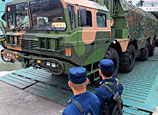

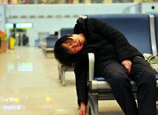
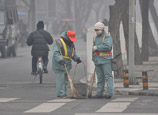
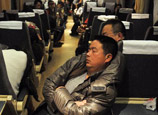
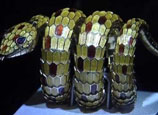

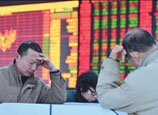







 A Taiwan student's adventure in Beijing
A Taiwan student's adventure in Beijing


![]()
